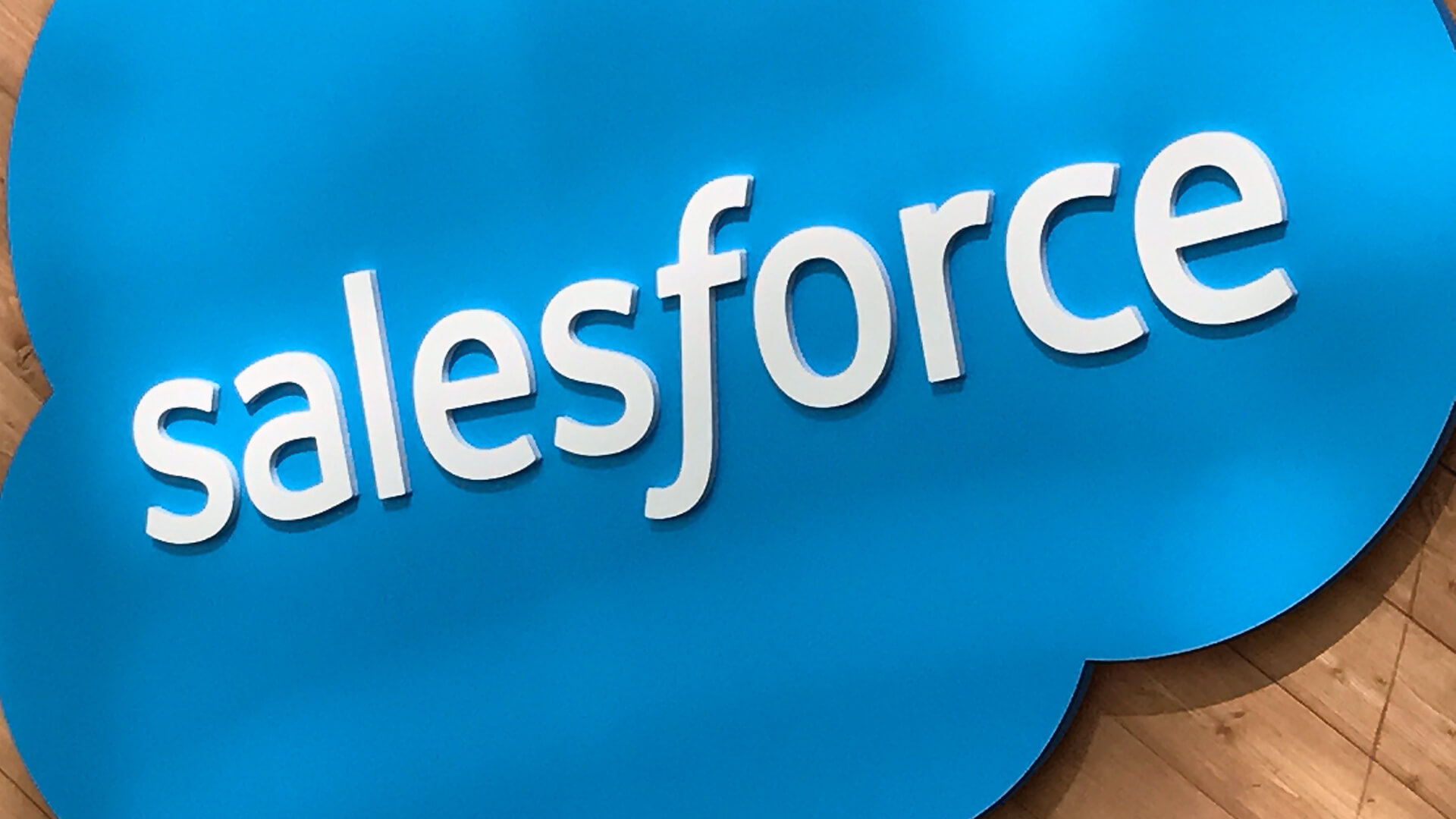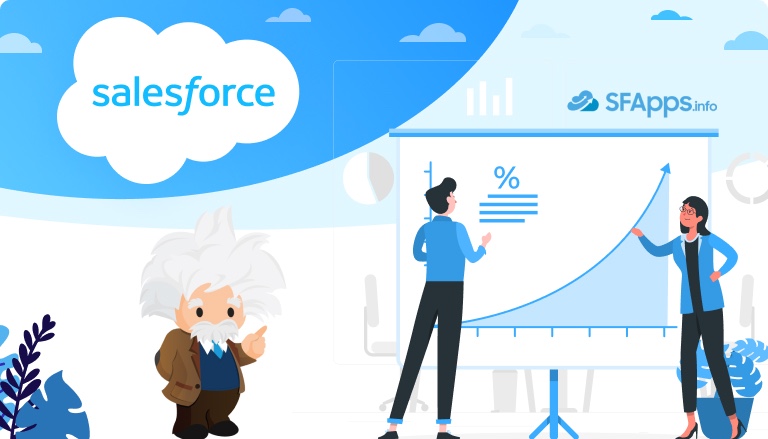
Salesforce Einstein Lead Scoring: Complete Buyer's Guide
Mainstream enterprise choice for AI-powered lead qualification
Salesforce Einstein Lead Scoring leverages native CRM integration as its primary competitive advantage over specialized vendors. It processes historical conversion patterns through machine learning algorithms that automatically refresh every 10 days, analyzing both standard and custom lead fields alongside behavioral activity data[36][37][38].
Market Position & Maturity
Market Standing
Salesforce Einstein Lead Scoring occupies the mainstream enterprise segment of the AI lead scoring market, balancing AI capabilities with integration convenience rather than pursuing cutting-edge predictive analytics[42][49][52].
Company Maturity
Salesforce's established enterprise operations, comprehensive support infrastructure, and continued investment in AI capabilities demonstrate strong stability.
Growth Trajectory
Specific Einstein Lead Scoring adoption metrics were not identified, but industry analysis suggests increasing adoption of AI scoring capabilities among companies exceeding $50 million revenue[6][10].
Strategic Partnerships
Salesforce's extensive ecosystem includes integrations with marketing automation platforms and third-party data enrichment services.
Longevity Assessment
High confidence given Salesforce's market position and continued AI investment, though the platform's evolution depends on broader Salesforce strategic priorities.
Proof of Capabilities
Customer Evidence
Successful implementations require minimum thresholds of 1,000 lead records and 120+ conversions for reliable model calibration[32][34].
Quantified Outcomes
Organizations achieving 25% conversion rate increases and 20-30% sales cycle reductions[36][42][45].
Market Validation
Salesforce users experience 3× higher success rates compared to custom CRM integrations[30][32].
Competitive Wins
Einstein's native CRM integration creates operational advantages that outweigh AI sophistication for many enterprise buyers prioritizing workflow continuity.
AI Technology
Einstein's machine learning architecture represents a hybrid approach that processes both demographic and behavioral data to generate predictive lead scores, with models automatically refreshing every 10 days[36][37][38].
Architecture
Native Salesforce integration enabling real-time score updates within existing CRM workflows without requiring custom API development[30][32][51][52].
Primary Competitors
Specialized AI vendors like MadKudu, HubSpot, Oracle Eloqua, and Adobe Marketo[42][49][52].
Competitive Advantages
Native Salesforce integration enabling real-time score updates within familiar workflows and reducing technical complexity[30][32][51][52].
Market Positioning
Occupies the mainstream enterprise segment balancing AI capabilities with integration convenience.
Win/Loss Scenarios
Einstein wins when native Salesforce integration outweighs specialized AI capabilities, while alternatives are preferable for model transparency or advanced intent prediction.
Key Features

Pros & Cons
Use Cases
Pricing
Featured In Articles
Comprehensive analysis of AI Lead Scoring for AI Marketing & Advertising for AI Marketing & Advertising professionals. Expert evaluation of features, pricing, and implementation.
How We Researched This Guide
About This Guide: This comprehensive analysis is based on extensive competitive intelligence and real-world implementation data from leading AI vendors. StayModern updates this guide quarterly to reflect market developments and vendor performance changes.
52+ verified sources per analysis including official documentation, customer reviews, analyst reports, and industry publications.
- • Vendor documentation & whitepapers
- • Customer testimonials & case studies
- • Third-party analyst assessments
- • Industry benchmarking reports
Standardized assessment framework across 8 key dimensions for objective comparison.
- • Technology capabilities & architecture
- • Market position & customer evidence
- • Implementation experience & support
- • Pricing value & competitive position
Research is refreshed every 90 days to capture market changes and new vendor capabilities.
- • New product releases & features
- • Market positioning changes
- • Customer feedback integration
- • Competitive landscape shifts
Every claim is source-linked with direct citations to original materials for verification.
- • Clickable citation links
- • Original source attribution
- • Date stamps for currency
- • Quality score validation
Analysis follows systematic research protocols with consistent evaluation frameworks.
- • Standardized assessment criteria
- • Multi-source verification process
- • Consistent evaluation methodology
- • Quality assurance protocols
Buyer-focused analysis with transparent methodology and factual accuracy commitment.
- • Objective comparative analysis
- • Transparent research methodology
- • Factual accuracy commitment
- • Continuous quality improvement
Quality Commitment: If you find any inaccuracies in our analysis on this page, please contact us at research@staymodern.ai. We're committed to maintaining the highest standards of research integrity and will investigate and correct any issues promptly.